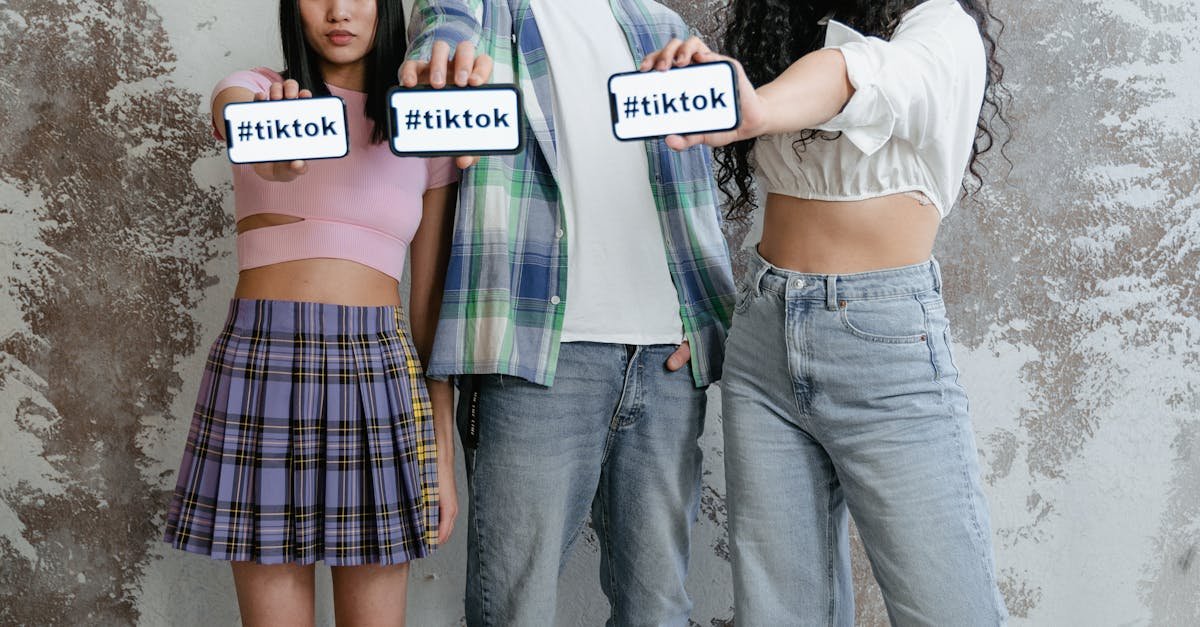TikTok has emerged as a powerful platform for social media engagement, influencing various aspects of modern culture, including political participation. As the app continues to grow in popularity, its impact on voting and electoral engagement cannot be overlooked. This article delves into how TikTok is shaping the voting landscape, highlighting both positive and negative implications.
Engagement Through Viral Trends
One of the most significant impacts TikTok has on voting is its ability to create viral trends that engage young voters. Through catchy songs, dances, and challenges, TikTok can spread important messages about voter registration and participation. This kind of engagement is particularly effective among younger demographics who may feel disconnected from traditional political discourse.
Cancel Culture and Voting
The concept of cancel culture has also permeated TikTok, influencing how individuals engage with political candidates. Users may call for boycotts or support based on a candidate’s past actions or statements, effectively “cancelling” their votes. This phenomenon raises questions about the fairness of such actions and whether they truly reflect the democratic process.
Informational Campaigns
TikTok has become a platform for informational campaigns that aim to educate users about the voting process. Creators often share tips on how to register, deadlines for voting, and information about candidates and propositions. This democratization of information can empower users, especially those who might not have access to traditional media outlets.
Polarization and Misinformation
While TikTok can foster engagement, it can also contribute to polarization and the spread of misinformation. Users may encounter videos that promote misleading narratives about candidates or policies, which can distort public perception and influence voting decisions. This duality highlights the need for critical media literacy among users.
The Role of Influencers
Influencers play a crucial role in shaping political discourse on TikTok. Many use their platforms to endorse candidates or political movements, leveraging their follower base to mobilize support. However, this can also lead to echo chambers where dissenting opinions are not represented, further complicating the political landscape.
| Aspect | Positive Impact | Negative Impact | Example | Potential Solutions |
|---|---|---|---|---|
| Engagement | Increased voter turnout | Superficial engagement | Viral voting challenges | Focus on meaningful content |
| Cancel Culture | Accountability for candidates | Exclusion of differing opinions | Boycotts based on past actions | Encourage dialogue |
| Information Dissemination | Wider access to voting info | Misinformation spread | Tips for registration | Fact-checking initiatives |
| Influencer Role | Mobilization of youth vote | Echo chambers | Endorsements of candidates | Diverse representation |
As TikTok continues to evolve, its influence on voting will likely grow. Understanding both the positive and negative aspects of this impact is essential for navigating the modern political landscape. With the right approaches, TikTok can be a force for good, fostering informed and engaged voters.
FAQs
How does TikTok influence young voters?
TikTok influences young voters through viral trends and challenges that promote voter engagement and education. These trends can motivate young people to participate in elections.
What role do influencers play in political engagement on TikTok?
Influencers on TikTok can significantly shape political discourse by endorsing candidates and encouraging their followers to vote. Their reach can mobilize large groups of people.
What are the risks of misinformation on TikTok regarding voting?
Misinformation can distort public perception of candidates and policies, leading to misinformed voting decisions. Users need to critically evaluate the content they consume.
Can TikTok help combat cancel culture in voting?
While TikTok can amplify cancel culture, it can also provide a platform for dialogue and understanding. Encouraging respectful discussions may mitigate the negative effects of cancel culture on voting.

